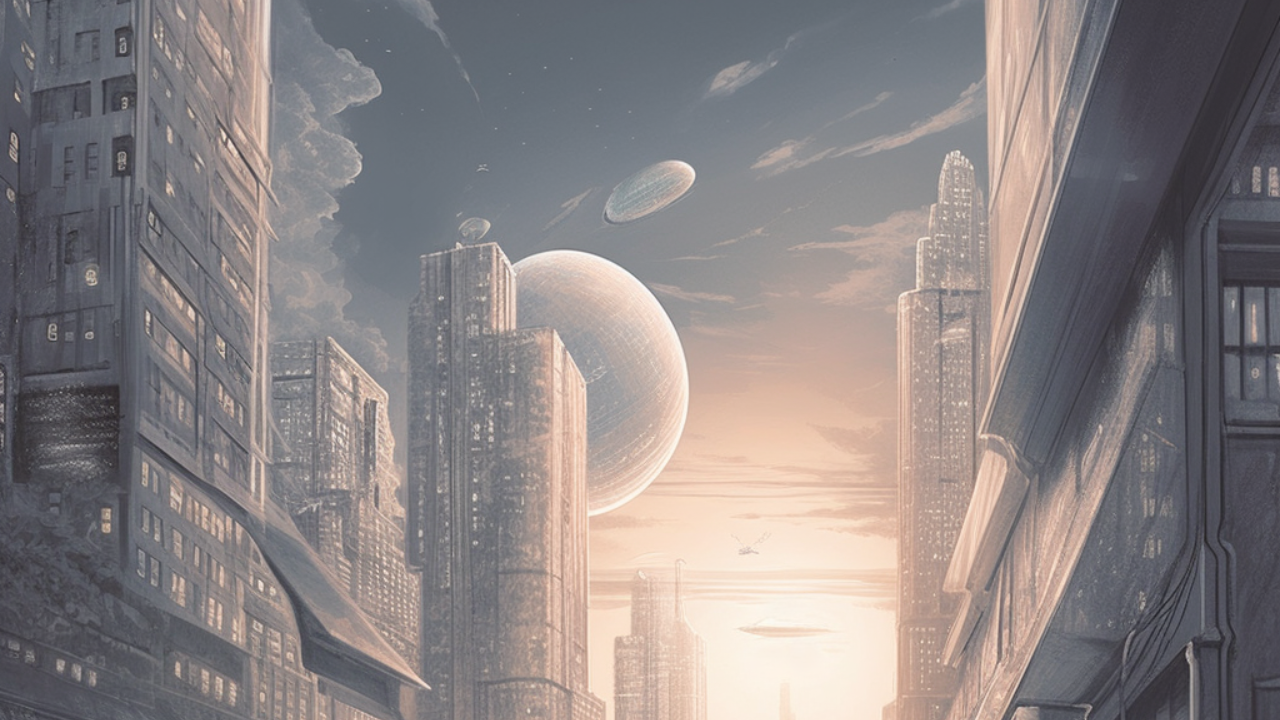Will crypto ever go mainstream?

It has been interesting to watch the current crypto bear market unfold. This is my third bear market. I acquired my first Bitcoin in 2014. I was learning how to mine Ethereum in 2016. I helped a few game studios raise 7-figures through NFT mints in 2021. As a full-time crypto operator from January 2022 through June 2023, I had a first row seat to this cycle's peak and fall.
This cycle does feel different than before. It's not just about the rugpulls and scams. The sentiment of longtime operators in the space feels muted.
The crypto operators are tired of the hype
Behind every SBF, Do Kwon or CZ, there are countless early builders, engineers, designers, and operators working behind the scenes. I count myself in this group. We have a genuine interest in the space. We have done a lot of work in it. BUT we are tired of the hype and looking for something real. Crypto still feels like an experiment, and there haven't been a single thing in web3 that I can't live without.
On the other hand, I deeply respect people like Chris Dixon, Brian Armstrong, and Vitalik Buterin. They have deep convictions in crypto and believe that we’re still early and the fundamentals have not changed. The promise of crypto is to create open financial and economic systems where the participants can capture the value and not just the middlemen. There are more crypto ecosystems than ever before, BUT my life wouldn’t be worse if I didn’t have access to those.
It has been interesting to note how web2 is taking cues from web3. I can send international payments through web2 applications at reasonably low cost and effort. Creators have more ways to monetize their audiences through no-code or AI-assisted software. The web3 equivalents feel like clunky prototypes in comparison to their elegant web2 cousins.
So does crypto have a future?
To determine where crypto may be headed to, let’s talk how music streaming came about.
Do you remember Napster? Napster was a peer-to-peer file sharing application that launched in 1999. Back then, everyone was using it to download music files. The record labels got upset since they got zero revenue from this, and there was little or no precedent in the regulatory landscape. After many lawsuits, Napster was forced to shut down operations. Another software company acquired Napster’s assets.
Digital music distribution didn’t die though. Apple launched iPod and iTunes in 2001. Once consumers had a taste of carrying their entire music library in a tiny device, they couldn’t go back. Regulators started to catch up, and traditional entertainment realized digital distribution can actually expand their reach and revenue. Netflix launched its streaming service in 2007. Spotify launched in 2008. Now, consumers can access the world’s music library as long as they have an internet connection and mobile device.
If you’re keeping count, this took 20 years.
To me, crypto and web3 is currently in the late Napster and early iTunes phase. It has been 15 years since Bitcoin was founded. Smart contracts through Ethereum has only been around since mid-2015. The regulatory environment has been confusing and cumbersome in key markets.
The two most promising applications are DeFi and NFTs, but the current versions are not it. It’s going to take a lot more iterations to land on something that is ready for the public. In addition, web2 applications are taking cues from web3. I can send international payments through web2 applications at reasonably low cost and effort. Creators have more ways to monetize their audiences through no-code or AI-assisted software. The web3 equivalents feel like clunky prototypes in comparison to their elegant web2 cousins.
Web3 was always going to be a generational game spanning decades. For some people like myself, that’s too far to think about. Personally, I want to work on things that are more tangible and impactful today. I have friends who thrive in building for a hypothetical future. To each their own.
I still think the fundamentals for crypto have not changed. I am still excited for select web3 projects, but I think there are just other technology and macro trends that will impact our daily lives in the near term.